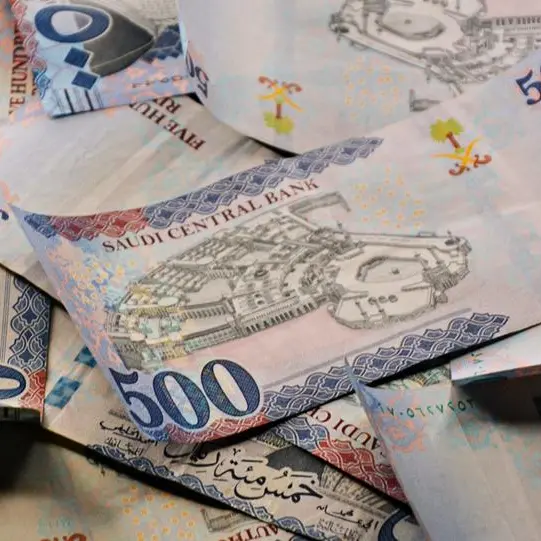PHOTO
Saudi Arabia's economy is set to grow 3.3% in 2024, rebounding from a 0.8% contraction in 2023, on the back of both the oil and non-oil sectors, said Deutsche Bank in a new report.
"...Although the carry-over effect of oil production cuts announced in mid-2023 will likely continue to weigh on growth in 2024, its negative contribution should decline," economist Samira Kalla said.
Non-oil activity, which grew at 4.4% in 2023, will continue to play a key role as the government goes ahead with giga-projects and domestic demand is being supported by "positive spillovers from increased ex-pat entries and an improved labour market", she said.
Over the medium term, growth should continue to be supported by sizeable investments aimed at diversifying the economy.
In addition to investments financed via government budget, the contributions of the public sector (especially the Public Investment Fund) and the private sector will increase. This includes PIF's plans to undertake investments in the semiconductor and space industries, and the government's plans to target private investments of $80 billion in tourism, according to Deutsche Bank.
The report added that the oil sector also remains an important driver of economic activity, "with the potential unwinding of production cuts and sizeable excess capacity constituting an upside risk to oil activity, and relatively low-cost and low-carbon intensity production strengthening the Kingdom's position in global supply during the energy transition."
The key risk to the bank's outlook is geopolitical, despite the danger of spillover from the Red Sea into the Kingdom being largely contained as Saudi vessels are not being targeted by the Houthis as Saudi Arabia does not back the US attacks in the Red Sea.
In 2024, inflation is expected to remain moderate at around 2% (vs 2.4% in 2023), supported by broadly stable food and commodity prices, including the implementation of the Royal Directive to fix a local price cap for gasoline.
Risks to the outlook include some potential pressure from strong domestic demand, including from an improved labour market and increased expat entries, said Kalla.
(Writing by Brinda Darasha; editing by Seban Scaria)





















